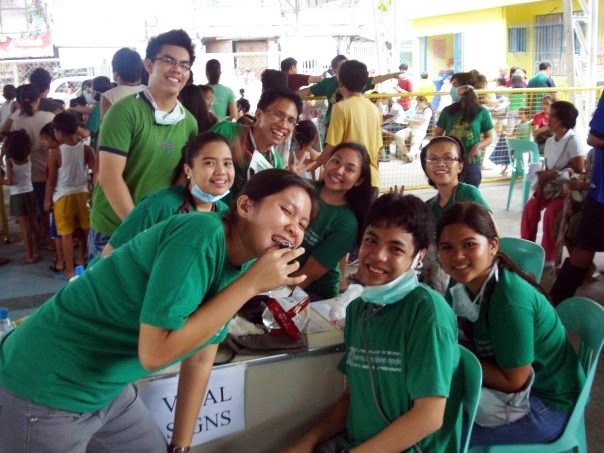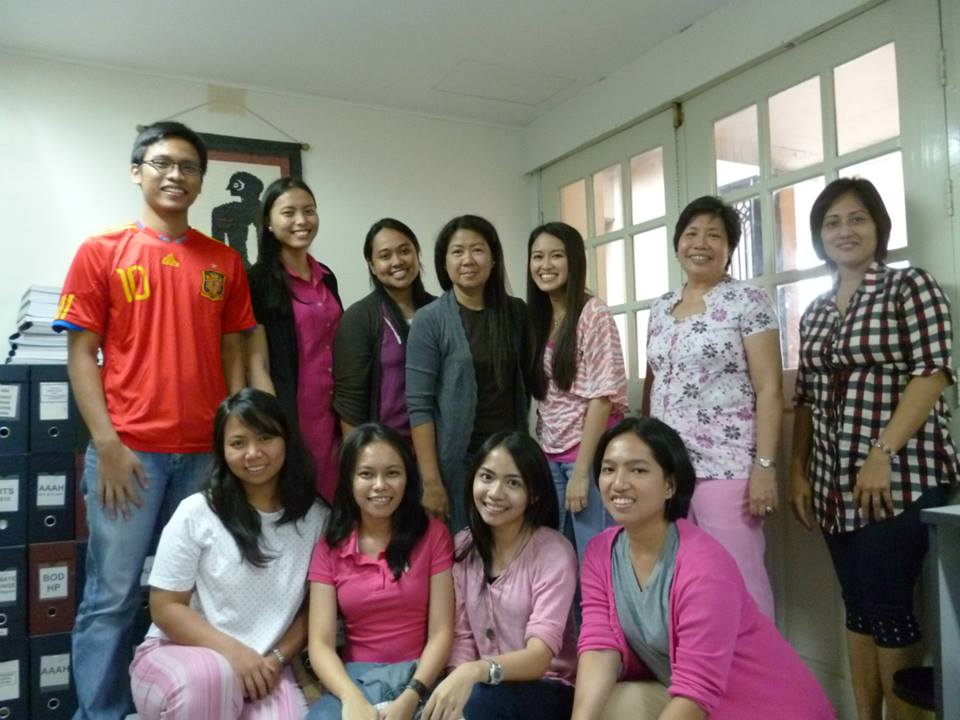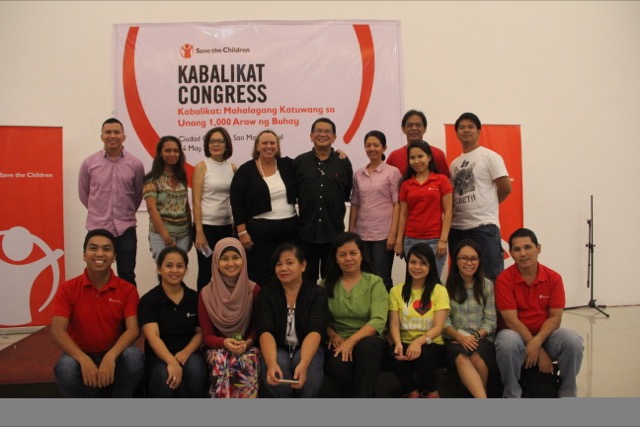As the backbone of the health care system of the Philippines, how can we continue caring for our fellow Filipinos when we are not even taken care of?

Heart for Healthcare
I fight for this advocacy as a non-practicing Nursing graduate who quit medical school in my first year back in 2012. I left because I couldn’t bear being financially dependent on my mother for four more years—or more. My mother, 63 years old at the time, was the only one left shouldering my expenses. My father, a smoker, died in 1994 due to complications from chronic lung disease.
Perhaps you could count me as part of the statistics. According to the Department of Health (DOH), there are only 3.5 doctors for every 10,000 Filipinos when the ideal ratio should be one to two doctors for every 1,000 Filipinos.
This, when there is a throng of Nursing graduates every year, a significant part getting their licenses and some—including me—going to med school. Where did they go?
To Canada, to New Zealand, to the United Kingdom. And I couldn’t blame them. I spent three years at the Philippine General Hospital (PGH) as an undergrad. I was witness to the dismal reality of the country’s health care system. The high number of indigent patients, a mixture of urban and rural poor, some lining up as early as 4:30 AM at the outpatient department, some coming from far flung provinces and geographically isolated and disadvantaged areas (GIDA) in Luzon, Visayas, and Mindanao—all these were already compelling evidence of the fragmented, inefficient, and costly health care in the country.
But even then, PGH was still better than the many hospitals I saw as I traveled through the country as a nurse.
As for me, I went on to work in the development world, focusing in community and public health, keeping my roots close. Working for a non-profit like Save the Children Philippines has exposed me to a larger picture about health care.


Health Development
Health and wellness depend on an intricate interplay of political, economic, sociocultural, and environmental factors. In general, countries with smaller gaps between the rich and poor, and with governments that significantly invest in the social services sector, health promotion and disease prevention have better standards of living, and therefore have citizens who get less sick.
But how does one start promoting health when there are not enough workers? Health care professionals who have gone abroad will not be compelled to go home if there are no decent salaries and working conditions, as well as humane workload for doctors, nurses, and other related medical professionals.
More than that, the country also lacks health care professionals who would help with policies, legislations, research and development. We need partners, advocates, and champions in different fields and at all levels. Treading the “unconventional” path for nurses made me realize these.

Serve the People But Most Importantly, Empower Them
It takes a lot of courage and willpower to work in public health and development sector. A generally shy and quiet person, I learned to speak up and stand my ground when I went into this field. My travels in Luzon, Visayas, and Mindanao taught me that despite the different names and faces, we all face similar problems – poverty and inequality.
When I ventured into development work, my perspectives broadened. My advocacies grew and my perspective still continues to expand. From health, I became more involved in issues and advocacies in education, and protection of women, children, indigenous peoples, and environment.
Four years into public health and development, one crucial thing I realized is that everyone needs to learn about our rights and laws. Ignorance is not an excuse, and for those who are well-informed, simply sharing your knowledge can already make a huge difference.
I also learned that we have similar capabilities to steer the country and initiate change. When we all depend on our leaders for every important decisions in health, education, housing, water, sanitation, livelihood, and environment – we are basically giving them power over us, a relationship that they can use to their advantage.
When we know our basic rights and laws, we are in a better position to negotiate for what we really need and push for reforms.
Help in bringing back the people’s trust and confidence in themselves. Collectively, they have greater power than they can ever imagine. What public health and development workers should see is that ultimately, people know their problems, needs, and capabilities best; they are the true experts. Often, they just don’t know they already are and it is our job to help them see that. They can do much more together.
This year I would have become a doctor. But my name remains without an M.D. at the end of it. But I’m proud I chose the path of a public health and community development worker.
I think I have finally found my calling.

[Entry 154, The SubSelfie Blog]
About the Author:

Kristine Tomanan is a Project Officer on Maternal, Newborn, and Child Health and Nutrition at Save the Children Philippines. After leaving medical school, she became a research assistant for several public health studies supported by various institutions. She had a brief stint in the local government where she helped set up the local tourism council and facilitated approval of a project grant for public schools in her hometown of South Cotobato. Her maternal side has a family operated school wherein she is also a member of the Board. She is currently taking her Master’s Degree in Community Development at UP Diliman.








5 Comments Add yours